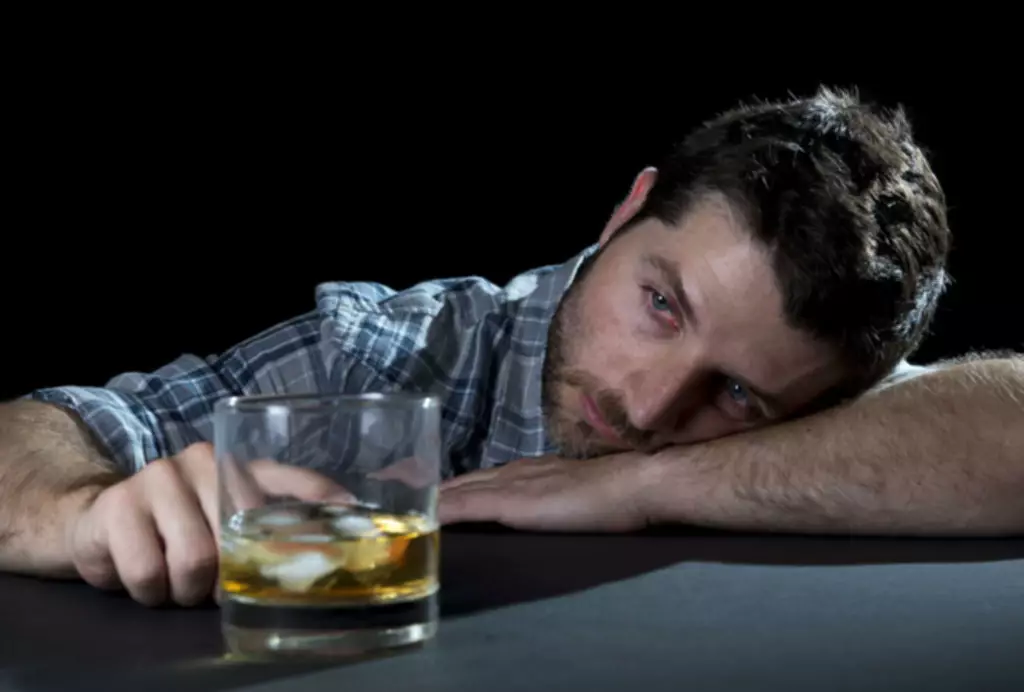Content
It has probably been such a long time since you did that you are afraid you are not capable of it. In fact, one of the many benefits of being clean and sober in recovery https://ecosoberhouse.com/ is that you are able to both feel and express your emotions. Another benefit of doing these activities sober is that now they will be much more enjoyable.

Alcohol and drugs cover up pain and suffering. They cover up all of that “stuff” that happened that you don’t want to deal with. But, being sober commonly causes people to fear that pain coming back. But you can deal with it and prevent it from hurting you any longer. They’re about growing along spiritual lines, and sobriety is a by-product of that.
Emotional Relapse
This is the hard part, but it’s also the most rewarding. When you do start to deal with your problems in healthier ways (and you will), you are going to feel completely transformed and unstoppable. There are plenty of things people do that do not involve or center around alcohol. You might be a little bored at first, but with time, you’ll discover new and more fulfilling things to do with your time. In my mind, sobriety meant Friday nights alone on my couch, watching Netflix and hiding from the rest of the world who was definitely out drinking. For years, I worried about the impact of sobriety on my social life.
Truth be told, between 40-60% of recovering addicts do relapse after treatment. However, relapse doesn’t always mean failure. Relapse is simply an opportunity to look at the things you did wrong and figure out what to do next time in order to stay sober. But, if you are scared of rehab fear of being sober because you think you’ll relapse, you won’t even give yourself a fair shot at what you deserve – a chance at a better life. I’ve had many attempts to quit drinking, and I “failed” at most of them. I told myself I had to nail sobriety on my first try, or else I was a big failure.
Fear That People Won’t Like Me
Now, three years sober, I know to expect imperfection in the process. However, you may not realize that the more you drink, the more stressful things become. Life goes on as before, just as stressful and just as hectic.
How do you deal with sobriety anxiety?
- Meditation. Meditation is transformative.
- Yoga. Yoga is soothing and healing in many ways.
- Talk to Someone. There's nothing worse for anxiety than keeping it in the dark.
- Grounding Exercises.
- A Healthy Distraction.
You’ll face a variety of long-term struggles. You can expect to sometimes feel afraid, worried, unable to move forward, and downright unwilling to face what’s coming. “My father passed away with 35 years of continuous sobriety. Even when he was in recovery, we didn’t talk about it. Speaking with Katie, the first thing you’ll notice about her is her confidence.
Fear of Detox and Withdrawal Symptoms
When you take that away, even when you know it is for the best, you are opening the door to all types of risks. And, to be frank, many times that reality is downright hard to swallow. If you are afraid of being sober, the first step in overcoming that fear is stepping outside of your comfort zone and doing something that you don’t necessarily want to do. If you are ready to begin your sobriety journey, Evoke Wellness is available to help. We understand how scary it can be to commit to long-term sobriety, especially if you have never been sober before and you have no idea what to expect.
How long into sobriety do you feel better?
In the early days of recovery, your body will go through stress as it adjusts to functioning without alcohol. This adjustment period will continue for months to come and get easier over time, but the initial stages of withdrawal should be finished within one to two weeks of your last drink.
